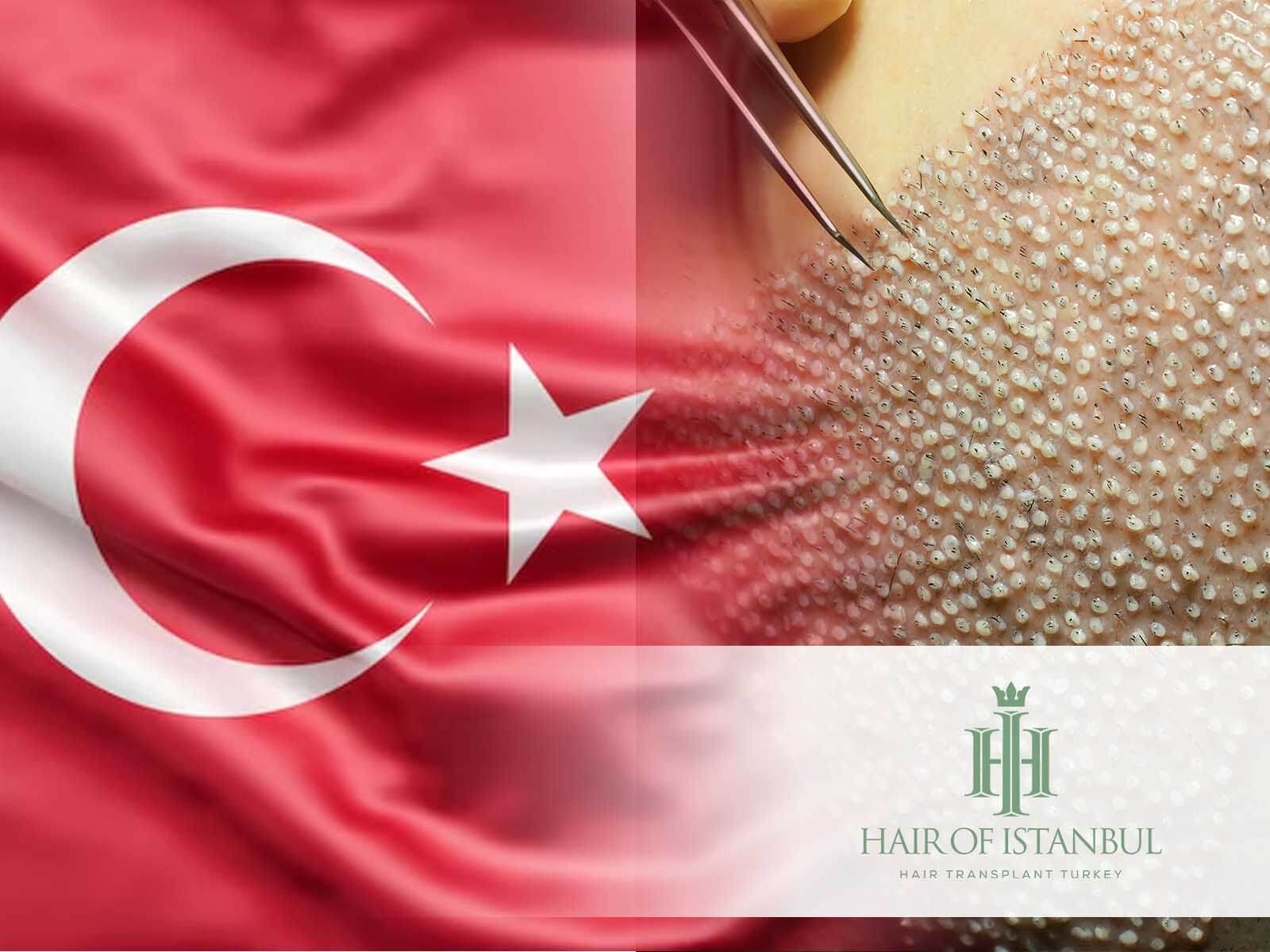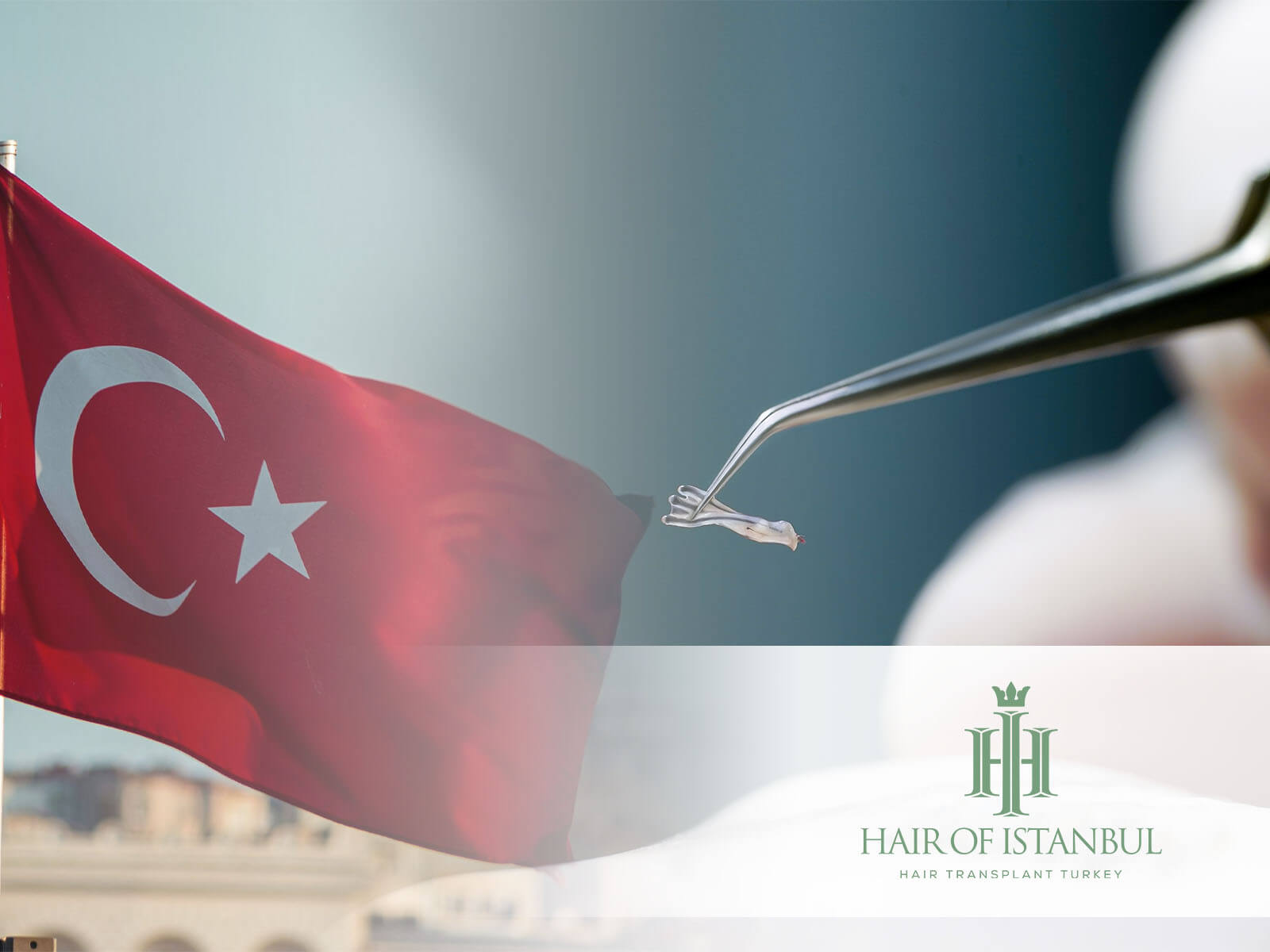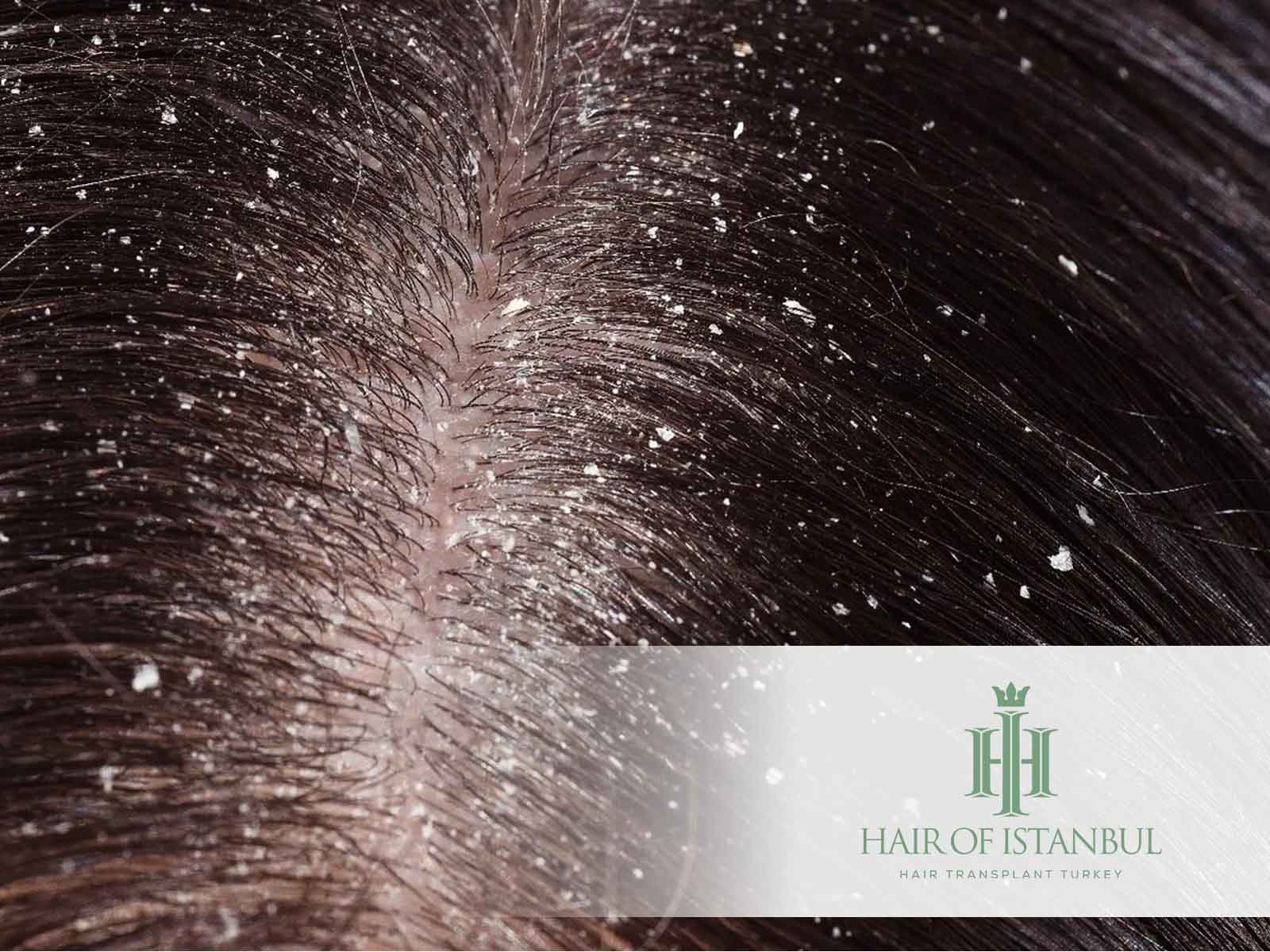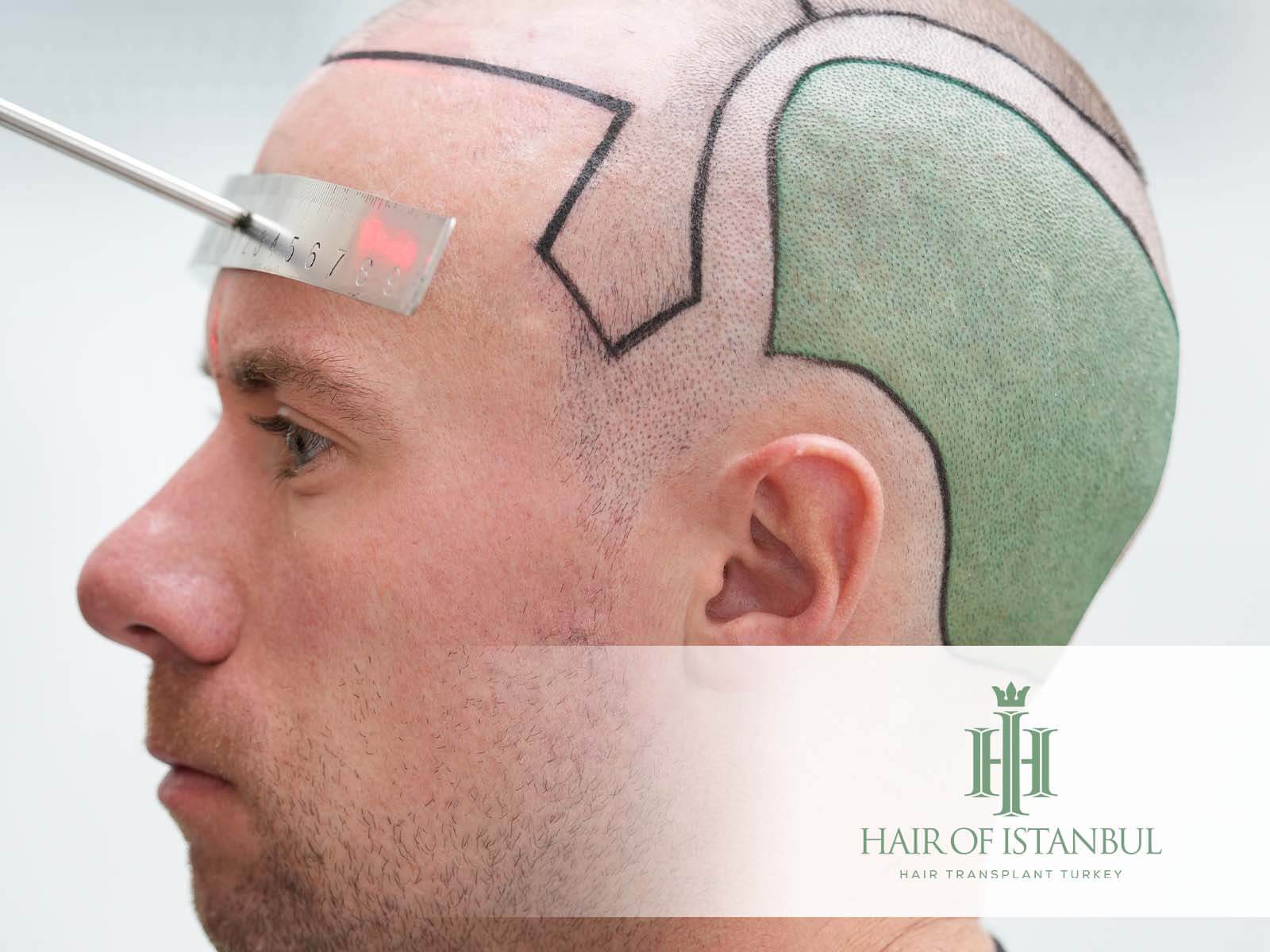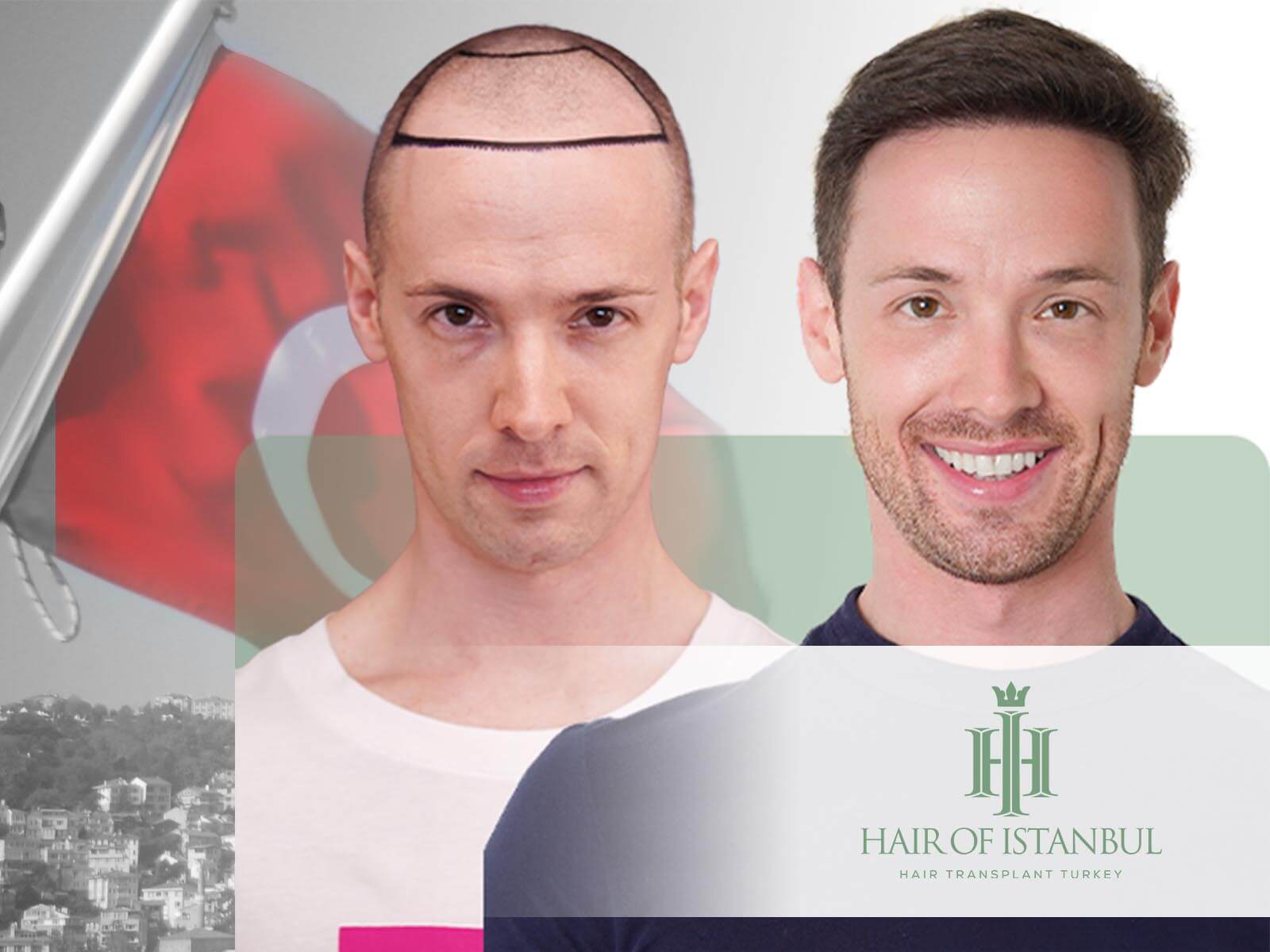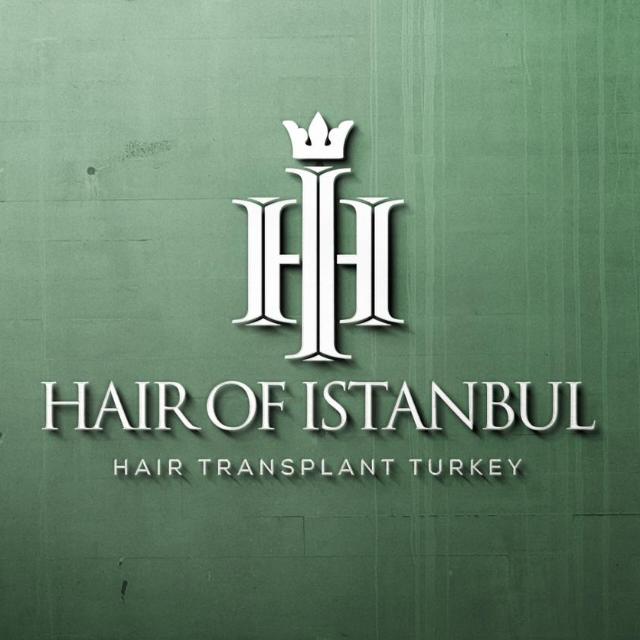Is Hair Transplant Haram or Halal? Islamic Views Explained
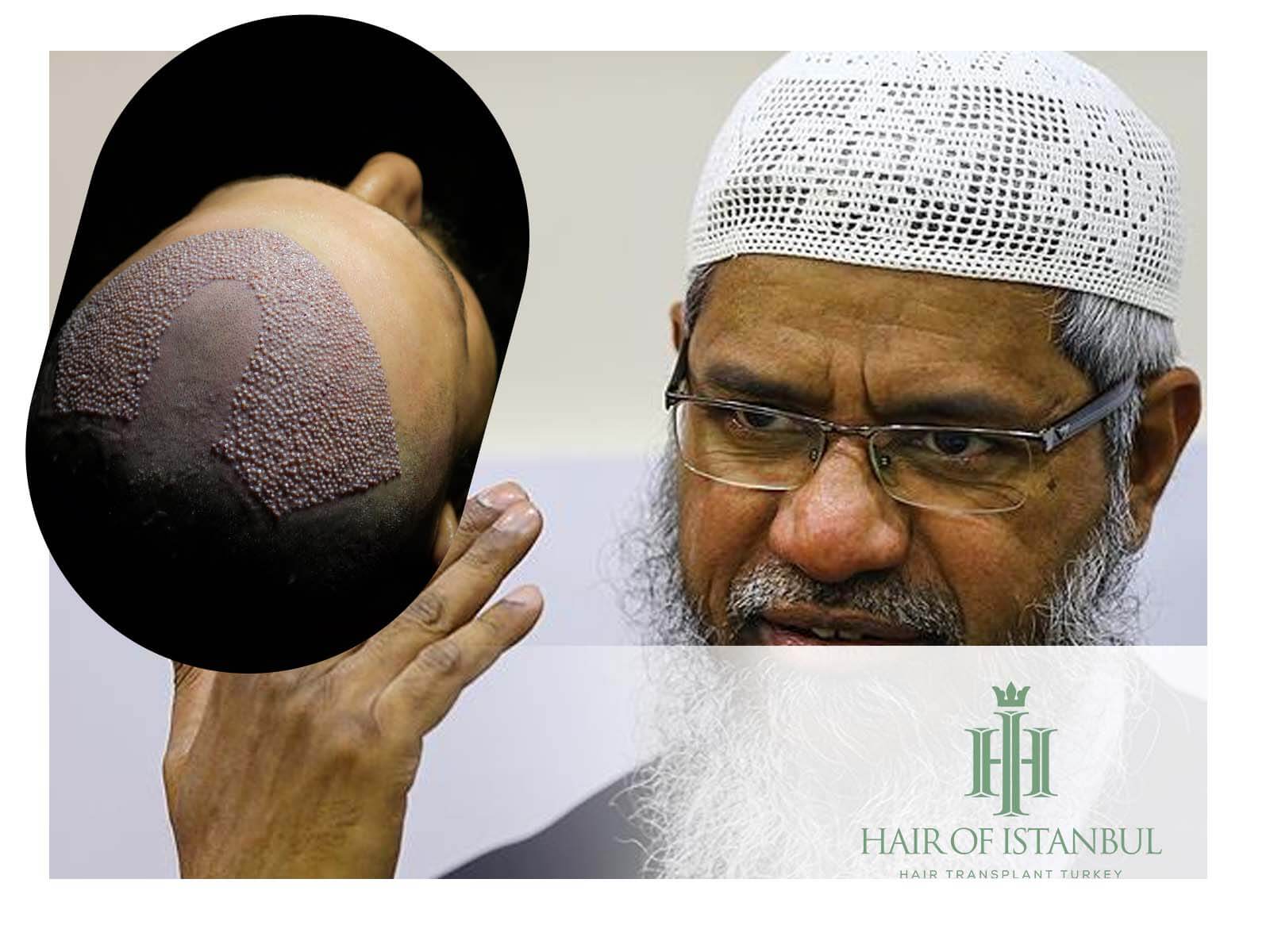
When considering solutions for hair loss, many ask whether a hair transplant is haram in Islam. Some believe it alters Allah’s creation, while others argue it simply restores what was lost. The answer isn’t always clear, as different scholars interpret the issue in various ways.
Does intention matter? What about medical necessity? Islamic teachings provide guidance, but the rulings may not be what you expect. To uncover the truth, we must explore the perspectives of scholars and religious institutions.
Is Hair Transplant Permissible Or Considered A Sin In Islam?
The permissibility of hair transplants in Islam depends on the intention behind the procedure and the method used. According to Islamic teachings, altering one’s appearance unnaturally for vanity is discouraged. In particular, hadiths mention that attaching someone else’s hair to one’s head is forbidden. However, using one’s own hair for transplantation is generally considered permissible as long as it is done to restore a natural look rather than to enhance beauty beyond what is natural.
The key distinction lies in the purpose of the procedure. If someone undergoes a hair transplant to correct baldness or regain their original hairline without excessive modification, it is usually acceptable in Islamic law. However, if the procedure is done purely for aesthetic enhancement or to drastically change one’s appearance, it may not be encouraged.
It is also important to differentiate between what is “not permissible” and what is “haram” in Islam. Something that is “not permissible” is discouraged and not recommended, but it is not always classified as a haram. On the other hand, something that is haram is strictly forbidden and considered a major sin. In the case of hair transplants, using one’s own hair for restoration falls into the permissible category, while adding foreign hair or significantly altering one’s appearance could be considered haram.
Is Hair Transplant Haram or Halal?
In Islam, hair transplants are generally allowed under specific conditions. If a person is using their own hair and the purpose is to regain their natural appearance rather than to make an extreme cosmetic change, then the procedure is permissible. However, if the goal is to alter one’s looks for vanity or to show off, it could be considered haram. [1]
The key factor is whether the procedure respects Islamic principles of modesty and natural appearance. Islam forbids using someone else’s hair for transplantation, as stated in hadiths. This is because adding foreign hair is seen as deception and an alteration of God’s creation. However, restoring one’s original hairline with their own hair is not considered deceitful and is therefore allowed.
To clarify these conditions, the following table presents the distinctions:
| Using your own hair for a transplant | Permissible (Halal) |
| Using someone else’s hair | Not permissible (Haram) |
| Restoring natural hair loss | Permissible (Halal) |
| Enhancing appearance for vanity | Not permissible (Haram) |
Also Read: Hair Transplant Mexico vs Turkey: Which One to Choose?
Rulings On Hair Transplantation In Islam
Is hair transplantation permissible in Islam, or does it fall under forbidden alterations of Allah’s creation? The answer is not a simple yes or no—it depends on the method used and the intention behind the procedure. While some may argue that changing one’s appearance is not allowed, others highlight the importance of restoring natural function and confidence.
Islamic scholars and institutions have addressed this topic in depth. To understand the detailed perspectives of these scholars and institutions—and to determine whether hair transplantation aligns with Islamic principles—let’s explore their views in depth.
International Islamic Fiqh Academy
Is hair transplantation simply a cosmetic choice, or does it serve a more essential purpose in Islam? According to the International Islamic Fiqh Academy, procedures that restore a person’s original state are generally permissible. This is rooted in the belief that Allah created humans in the best form, and restoring that natural state is not considered a prohibited alteration. [2]
But where is the line between medical necessity and cosmetic enhancement? The Academy provides clear distinctions. If hair loss affects daily life or causes psychological distress, a transplant can be seen as a corrective measure, much like repairing a cleft lip or a burn scar. However, if the goal is excessive beautification, it may not align with Islamic teachings.
Fatwa of Sheikh Ibn Uthaymeen
When does a medical procedure become a forbidden alteration of Allah’s creation? This question was posed to Sheikh Ibn Uthaymeen, particularly regarding hair transplantation. His response was clear: transferring one’s own hair to a bald area is not a form of unnatural modification but rather a correction of an existing deficiency.
Unlike artificial implants or wigs, which introduce foreign elements, a hair transplant simply relocates what already belongs to the person. This makes it permissible in Islam, provided the intention is to restore a natural appearance rather than to pursue vanity. But does every scholar agree on this ruling? Let’s see what Sheikh Ibn Baz has to say.
Ibn Baz’s Fatwa
Is every cosmetic procedure forbidden in Islam, or does the reason behind it matter? Sheikh Ibn Baz addressed this issue by stating that hair transplants are permissible if they are done to correct a real problem, such as baldness or hair loss. If the procedure helps someone regain their original look and confidence, it falls under acceptable medical treatment.
However, he warned against transplants done purely for beautification or to follow trends. Islam discourages unnecessary alterations aimed at imitating others or seeking vanity. If the goal is beyond correction and enters the realm of excessive enhancement, then the procedure is not recommended.
Türkiye Diyanet Foundation
Are all forms of hair enhancement equally prohibited in Islam? The Türkiye Diyanet Foundation highlights an important distinction: adding false hair or wearing wigs made from human hair is not allowed. This ruling is based on a hadith in which the Prophet Muhammad (PBUH) condemned such practices. [3]
Hz. Muhammad (PBUH) said:
“Allah has cursed the women who add hair extensions and the ones who have them done.”
(Source: Sahih al-Bukhari, Sahih Muslim)
This hadith clearly prohibits adding false hair or hair extensions, as it is considered an act of deception and altering Allah’s creation. However, hair transplantation using one’s own hair does not fall under this prohibition, as it is a corrective procedure rather than an artificial enhancement.
Also Read: Tips to Reduce Swelling After Hair Transplant: Expert Advice
FAQ
Can You Pray With A Hair Transplant?
Yes, you can pray with a hair transplant, as the procedure does not invalidate Salah (prayer). However, in the first 1-2 days, direct contact with water on the scalp should be avoided, making Wudu (ablution) challenging. During this time, it is essential to consult your doctor about how to maintain purity without harming the healing process.
Additionally, for the first 1-2 weeks, it is recommended to avoid bending the head forward, which could affect blood circulation and healing. Therefore, praying while seated may be advised until full recovery. The timeline for returning to normal prayer positions should be discussed with your medical professional based on individual healing progress.
Is It Haram To Put Fake Hair?
Yes, wearing wigs or hair extensions made from human or synthetic hair is generally considered haram in Islam. This ruling is based on a hadith where the Prophet Muhammad (PBUH) cursed those who attach or wear false hair, as it is seen as deception and an alteration of Allah’s creation.
However, Islam is a religion of ease, and intention plays a significant role. Many scholars state that if wearing a wig or hairpiece is necessary due to a medical condition—such as hair loss from cancer treatment—it may be considered permissible. In cases of necessity, the ruling differs from purely aesthetic use, and individuals should seek scholarly guidance if they are unsure about their specific situation.
Can You Do Wudu With Hair Transplant?
Yes, you can perform Wudu (ablution) after a hair transplant, but there are specific precautions to follow during the healing process. In the first 1-2 days, it is crucial to keep the scalp completely dry, so wiping (masah) over the head should be avoided.
For the following 10 days, Wudu can be performed by gently wetting the hands and lightly touching the scalp without rubbing or applying pressure. The key is to maintain purity while ensuring that the healing process is not disrupted. Since healing times can vary, consulting a doctor for personalized advice on when and how to resume full washing of the scalp is essential.
Also Read: Numbness After Hair Transplant: Is It Permanent or Temporary?
CONCLUSION
The question is hair transplant haram depends on various factors, including intent and method. Different scholars offer different views, but many agree that using one’s own hair to restore a natural look is permissible. The key is to ensure the procedure aligns with Islamic principles and avoids vanity.
At Hair of Istanbul, we understand these concerns. That’s why we approach every procedure with the highest level of expertise and care. Our team of specialists performs transplants with precision, ensuring natural and effective results. More importantly, we respect religious sensitivities, following ethical practices that prioritize both medical excellence and Islamic values.
If you are considering this procedure and want expert guidance, our clinic provides a professional and ethical environment where both health and faith are valued.
References:
- [1] Islamqa, Sep 5, 2004 – Is it permissible to have a hair transplant? Please note that I am bald. Or is it haram like hair extensions, or not? – https://islamqa.info/en/answers/47664/are-hair-transplants-haram
- [2] International Islamic Fiqh Academy, Jul 14, 2007 – Plastic Surgeries and their Shariah Rulings – https://iifa-aifi.org/en/32968.html
- [3] Türkiye Diyanet Foundation, Jul 12, 2017 – Saç ektirmek ve peruk kullanmak caiz midir? – https://kurul.diyanet.gov.tr/Cevap-Ara/1002/sac-ektirmek-ve-peruk-kullanmak-caiz-midir

